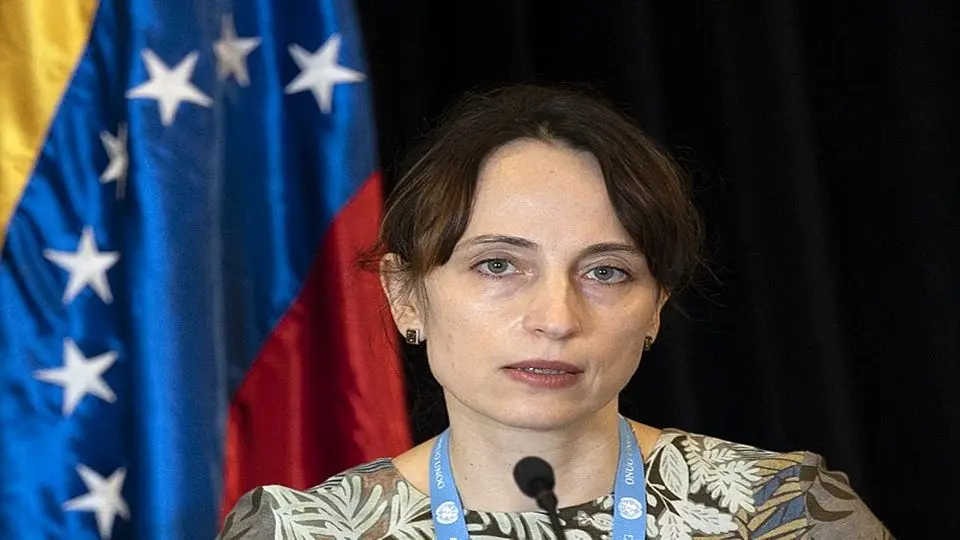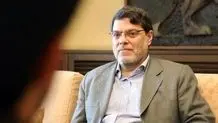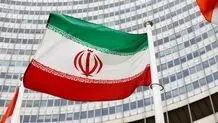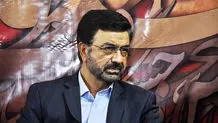UN Special Rapporteur's Iran visit may add to sanctions
One has to cast serious doubt on the real mission of the visit of Alena Douhan, UN’s Special Rapporteur on unilateral coercive measures to Iran in May as she could gather information to facilitate anti-Iran sanctions.

MEHR: One has to cast serious doubt on the real mission of the visit of Alena Douhan, UN’s Special Rapporteur on unilateral coercive measures to Iran in May as she could gather information to facilitate anti-Iran sanctions.
Alena Douhan, UN’s Special Rapporteur on unilateral coercive measures is going to visit Iran in May. According to UN website, Ms. Douhan will travel to Iran from May 7 to 18 to “examine, in the spirit of co-operation and dialogue, whether and to what extent the adoption, maintenance or implementation of unilateral sanctions impedes the full realization of the rights set forth in the Universal Declaration of Human Rights and other international human rights instruments.”
Special Rapporteur is scheduled to meet with numerous governmental officials in Iran. In addition, she will have some meetings with UN agencies, international and regional organizations and representers from diplomatic community settled in Iran. She will also visit academics, NGOs, trade and civil community, especially the ones their activities are possibly affected by unilateral coercive measures.
In September 2022, Douhan will report the results of the visit and her recommendations to 51st session of United Nations Human Rights Council. Since accepting this position in March 2020, Ms. Douhan has visited some countries including Venezuela, Qatar and Syria and has reported them to United Nations Human Rights Council.
The reports demonstrate that the UN is fully informed of the effects of unilateral sanctions, especially the sanctions from the United States of America on its targets. Information obtained from these trips also proves this fact (mentioned clearly in paragraph 28 of Venezuela report). Likewise, there exist numerous reports on the negative effects of unilateral sanctions against Iran such as “Iran under Sanctions” reports, UN’s Human Rights Watch 2019 report called “Maximum Pressure”, etc. So, if the United Nations is really eager to get aware of effects of sanctions on Iran, sending a special rapporteur doesn’t seem much necessary.
What is noticeable is that the trips of the Special Rapporteur and her reports is indeed “fruitless” and has never helped easing any sanctions on the countries. As Douhan admits in paragraph 16 of Venezuela report, European Union imposed new sanctions on Venezuela right after her visit to this country.
At best, the result of this trip is a report to United Nations Human Rights Council with no real impact on sanctions, even the ones affecting humanitarian aids. Even the approvement of this report is a controversy in UN. In December 2020, Ms. Douhan submitted a report in condemning US sanctions against Syria and mentioned that the sanctions may hinder civil infrastructure rebuilding and can violate Syrian people rights. Link While being applauded by Syrian government, the report was rejected by US Special Envoy for Syria, Joel Rayburn. Link
Special ’s Trip under Serious Incertitude
For long, the reporters from international agencies have had some undeclared aims beyond the ordinary missions they are assigned to. International Monetary Fund experts, for example, are seriously suspicious of being in countries under sanctions to collect information in order to help consolidate sanctions tools. The same ambiguity is true about UN’s Special Rapporteur on unilateral coercive measures. The main goal of economic sanctions is to heat up social dissatisfaction in targeted countries to force the governments to change behavior. This is what Iran has experienced in 2010 and 2011. From this point of view, having accurate understanding of social condition and protest streams in the target country is critical for the sanctioning country to calibrate and reinvigorate its sanctions measures. In recent years, many UN-related agencies have tried to access important social statistics of Iran.
Thorough response to the questions listed in UN’s statement, especially question 7 may result in some leaks on weaknesses, sanctions-evading efforts and thereupon, reinforcement of sanctions.
What’s more concerning is hosting Elena Douhan by the Judiciary's Human Right Council, and the possibility that because of the complexities and sensitivity of the matter, the information that the special rapporteur could get could be used in paving the way for toughening the sanctions on Iran.
Surveillance and security agencies are supposed to be alert since the Special Rapporteur is seemingly going to stay in Iran for two weeks and has requested to visit different cities such as Mashhad, Shiraz, Yazd and Isfahan and meet many persons in different levels.




